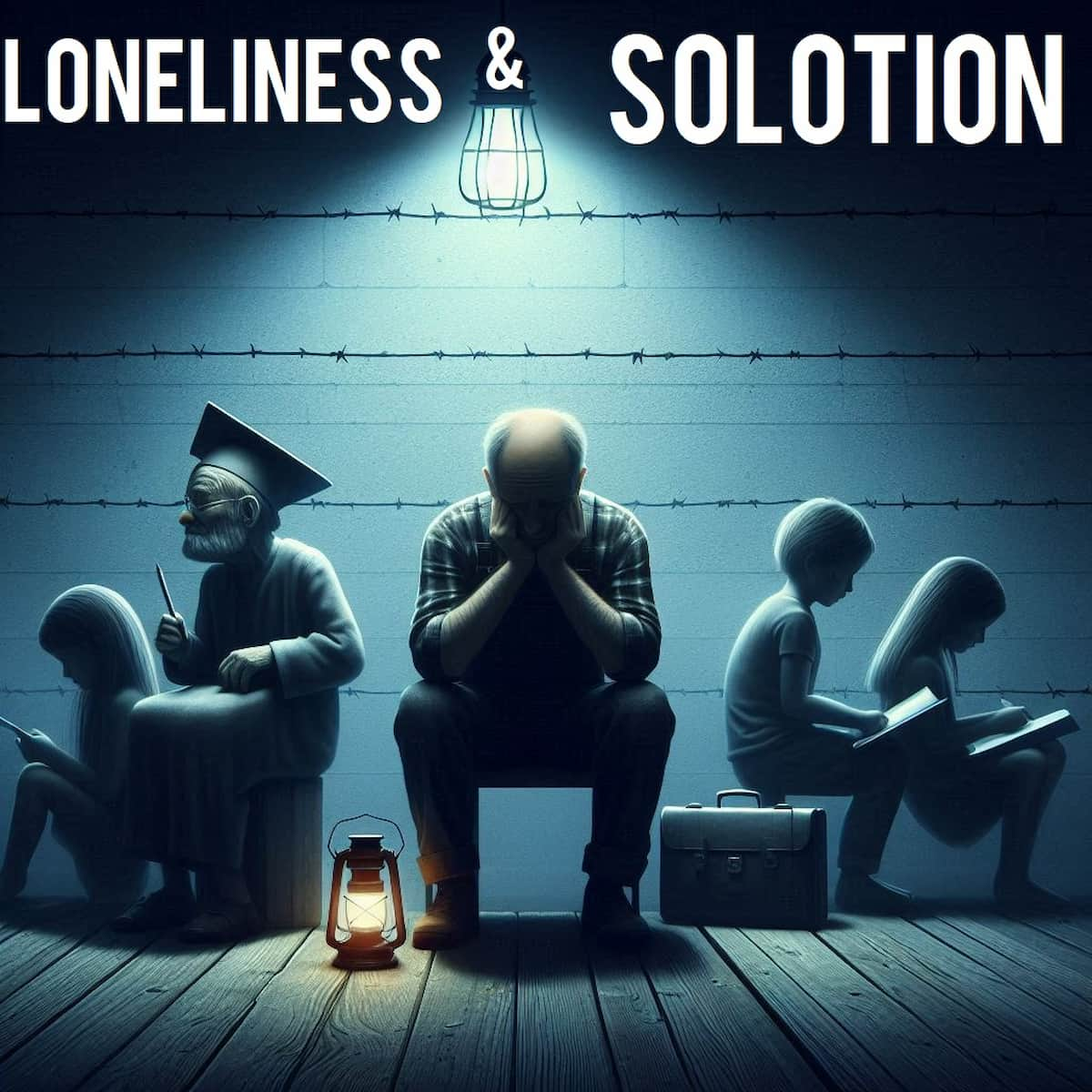Seasonal loneliness, often experienced during the colder months, can cast a shadow over what should be a festive time of year. In this guide, we’ll delve into the causes of seasonal loneliness, its effects on mental health, and practical strategies for coping and finding light in the darkness.
Key Takeaway:
Seasonal loneliness, commonly associated with the winter season, can stem from factors such as reduced daylight, social isolation, and holiday-related stress. By recognizing the signs, prioritizing self-care, and seeking support, individuals can navigate seasonal loneliness with resilience and hope.
Understanding Seasonal Loneliness:
The Winter Blues:
Seasonal loneliness, sometimes referred to as the “winter blues” or “seasonal affective disorder” (SAD), is characterized by feelings of sadness, fatigue, and social withdrawal that coincide with the changing seasons, particularly winter.
Causes:
Several factors contribute to seasonal loneliness, including reduced exposure to natural sunlight, disruptions in circadian rhythms, holiday-related stress, and decreased social interaction due to inclement weather and indoor confinement.
Effects on Mental Health:
Seasonal loneliness can exacerbate symptoms of depression, anxiety, and mood disorders, leading to feelings of isolation, hopelessness, and lethargy. It can also impact sleep patterns, appetite, and overall quality of life.
Coping Strategies and Support:
Light Therapy:
Light therapy, involving exposure to bright artificial light, can help alleviate symptoms of seasonal loneliness by regulating circadian rhythms and increasing serotonin levels. Individuals can use light therapy lamps or spend time outdoors during daylight hours to improve mood and energy levels.
Stay Active and Engaged:
Engaging in regular physical activity, whether indoors or outdoors, can boost mood and reduce feelings of loneliness. Additionally, staying socially connected through virtual gatherings, community events, or support groups can provide a sense of belonging and support during the winter months.
Practice Self-care:
Prioritizing self-care activities, such as practicing mindfulness, relaxation techniques, and creative expression, can help individuals manage stress and nurture their emotional well-being. Setting realistic goals, maintaining a healthy lifestyle, and seeking professional support when needed are also vital components of self-care.
Real-life Perspectives:
Consider the story of Sarah, who experiences seasonal loneliness during the winter months due to the shorter days and colder weather. To cope with these feelings, Sarah incorporates daily walks in natural sunlight, participates in online fitness classes with friends, and engages in creative hobbies like painting and journaling. These activities help Sarah maintain a sense of connection, purpose, and joy throughout the winter season.
Conclusion:
Seasonal loneliness can present unique challenges, but with awareness, support, and proactive coping strategies, individuals can navigate this period with resilience and hope. By embracing self-care, staying connected with others, and seeking professional guidance when needed, individuals can find light in the darkness and emerge from the winter months with renewed strength and vitality. Remember, you are not alone, and brighter days are ahead.
















